Becoming antisocial
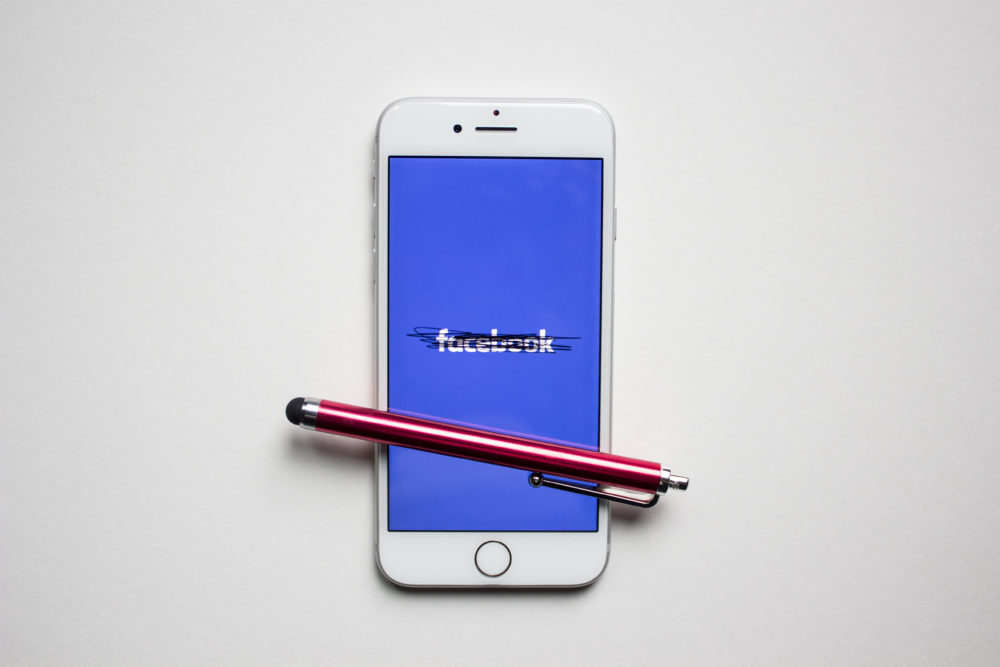
Over the course of the last six months or so, I’ve gradually drifted away from Facebook, Twitter and Instagram. In the last few weeks, I’ve deleted my accounts. This feels oddly transgressive, and friends who noticed have responded with mild alarm and a single universal question: ‘Why?’
There is no straightforward answer: it’s a complex web of emotional, social and rational reasons rather than a logically constructed ‘position’. Nevertheless, I thought it might be interesting to scribble down some thoughts on the topic.
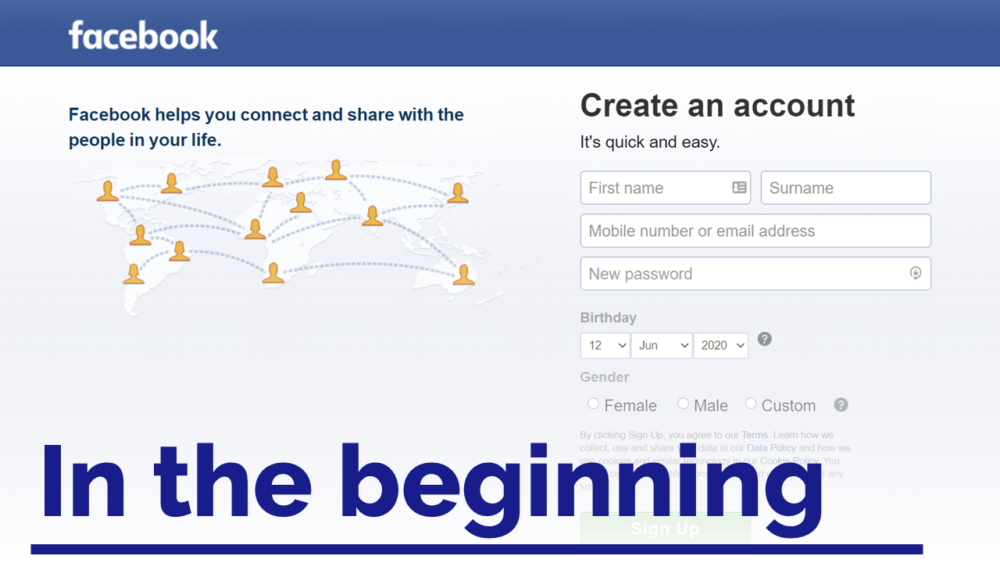
I joined Facebook in (I think) 2005. I was a student at the time and so able to join as soon as Facebook ‘launched’ at my university. It connected me with my friends and solved a genuine problem of how best to share things like photos from events.
A year later, Facebook opened to anyone with an email address, and schoolfriends and relatives quickly found their way onto my ‘friends’ list. I appreciated this passive approach to gaining insight into the lives of others, and I felt a genuine connection with people I hadn’t seen for years.
I was also a relatively early-adopter of Twitter, signing up in around 2007. I used the service for a variety of purposes over the years, including ‘micro-blogging’ – posting standalone tweets which I also cross-posted to this very website. Over the years, I built up a collection of interesting people who I ‘followed’, and enjoyed debating and sparring with them.
I also started to use Twitter for work purposes, promoting events I’d been involved in, tweeting about conferences I was attending, and that sort of thing. The service became something of a professional networking platform for me.
I was not an early adopter of Instagram. I don’t think I ever worked out how to get the most out of that service: I ‘followed’ people I knew in real life, and enjoyed seeing their photos. I also followed a few accounts which posted beautiful travel photos because they made me dream of summer holidays.
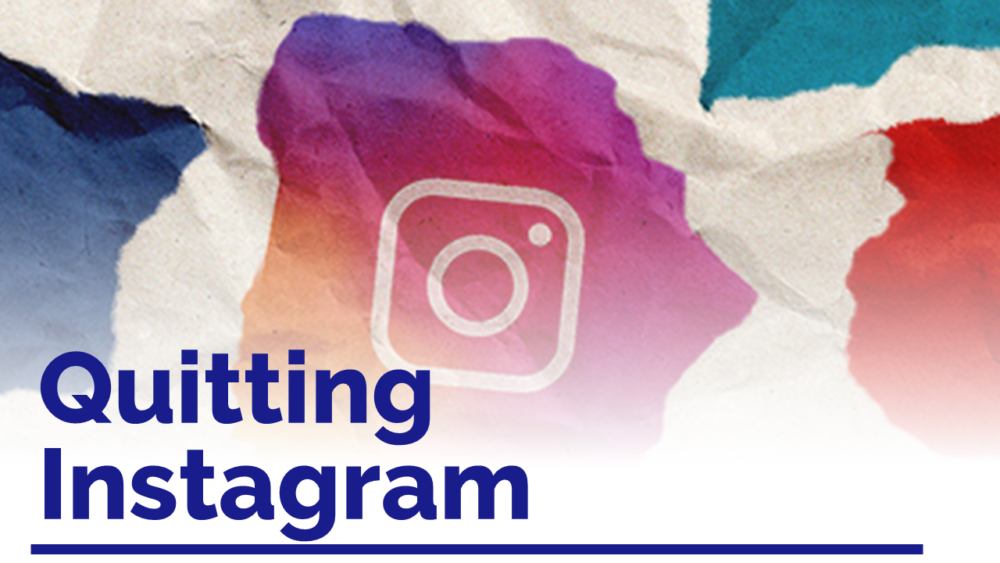
It didn’t take me too long to realise that Instagram wasn’t for me. I’d been posting for a year or so when I gradually drifted away from the service, and eventually stopped opening the app. There was no conscious decision behind that behaviour.
Reflecting on it, my Instagram feed seemed to me to have a single emotional note: joy. There’s a Glenn Slater lyric about ‘forcing you to feel more joy than you can bear,’ and that’s what Instagram did for me. It’s wearing to browse a world where everyone presents as constantly delighted.
I don’t want to live in a world of constant ecstasy; perhaps I’m a grumpy git, but I need a bit of shade to better appreciate the light. And I suppose the same is true of my social media feeds.
The advertising on Instagram also served to undermine the emotion in a perverse way. Artfully taken pictures of crappy products undermine the sentimentality and emotional pull of the service. Putting a beautiful picture of a terrible product alongside a beautiful picture of a magnificent vista undermines the latter. And Instagram ‘influencers’ trying to shill crap always left a nasty taste.
At heart, the service just didn’t make me feel happy anymore, and I drifted away. I didn’t delete my account, but I did eventually delete the app.
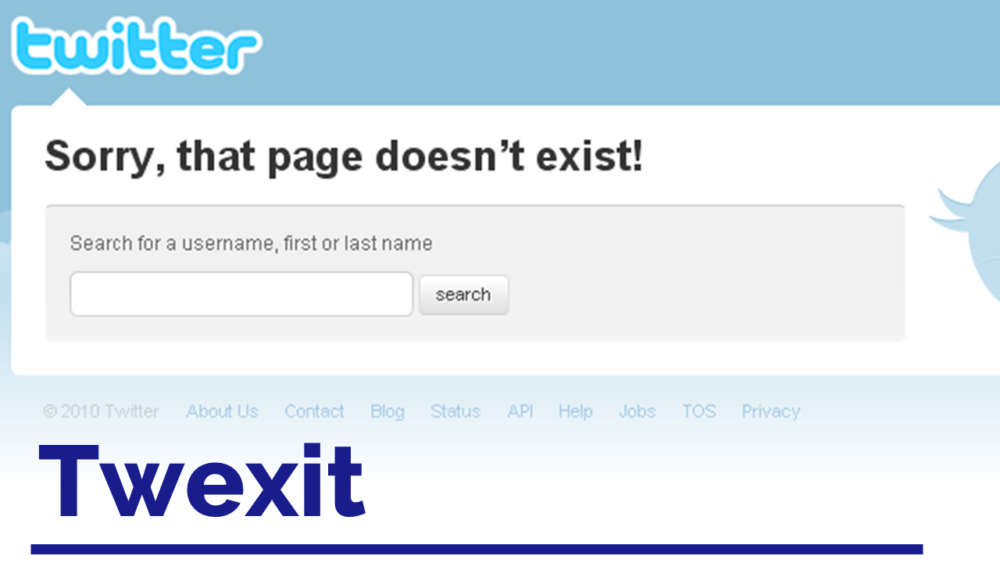
It was Brexit that pushed me off Twitter.
Twitter has always had the capacity to facilitate unproductive tribal debate. The format is part of the reason: it isn’t possible to develop a sensible argument in 140 (or even 280) characters. Debates rage about individual word choices while wider context is missed.
The Twitter community also has an inflated sense of its own representativeness and importance. People think their Twitter bubble reflects the ‘general view’ of the world and become enraged and upset when reality conflicts with that perception. Conspiracy theories abound, the ‘mainstream media’ gets pilloried for reflecting mainstream opinion rather than that of the ‘twitterati’, and the whole community frequently becomes angry.
Anger drove me away from Twitter: not the anger of others, but my own anger. I’d habitually open my Twitter feed on my phone from time to time and noted that it always made me feel angry. I could be annoyed at a story of injustice that would otherwise have passed me by; frusrtated by someone’s absurd perversion of a news article or viewpoint; or angry at myself for hypocritically thinking less of someone for ranting on Twitter.
Once, I habitually opened the Twitter app while strolling along the promenade in Nice on a beautifully sunny day. There was a lot in my feed about Brexit, including some ‘real life’ friends espousing extreme positions and abusing politicians. The angry mob raised my dander, and I fired off a tweet about this being the first and only time I’d ever get to wander around this beautiful city as an EU citizen.
As I walked on, I reflected: I’d felt relaxed before I opened Twitter; now I was mildly stressed. I’d posted what amounted to a pointless rant, and just contributed to the collected unhealthy rage. I opened Twitter again, deleted the tweet and deleted the app.
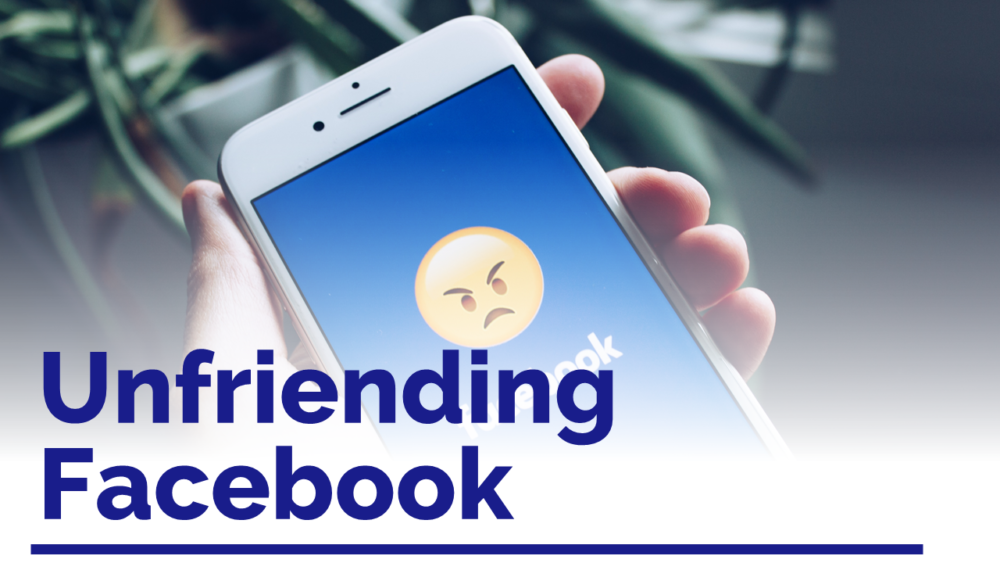
It was covid that drove me off Facebook.
My feed became clogged with covid posts, many of them factually wrong, many angry and many seemingly calculated to generate fear. I felt that the time had come for a break from Facebook, and I deleted the app, intending for this to be temporary.
I had temporarily stopped looking at Facebook for periods before: it becomes a pretty awful place in the run up to elections, for example, and I’d tended to opt out.
The difference this time was that I realised that I hadn’t missed it. I had thought that I enjoyed keeping up to date with the antics of schoolfriends and others I haven’t seen in decades, but I came to realise that frankly, my dear, I didn’t give a damn. I’m just not that bothered about the minutiae of the lives of people I would probably no longer recognise on the street.
I was no worse off for not knowing the ins-and-outs of someone’s frustration with the covid one-way system in Tesco, or that the child of someone I barely know has drawn a picture of the virus, or that an acquaintance’s neighbour didn’t join the Clap for Carers. Conversations about these sorts of things are far richer than seeing them written on a screen could ever be. And seeing them baldly written on screen brought out a slightly judging side of my personality of which I’m not terribly fond.
I decided to make my absence a little more permanent. I initially prolonged my period of abstinence, but then came to worry that I might be notable by my absence. What if friends were ‘tagging’ me in posts and I was appearing to ignore them? This didn’t seem fair. And so, I decided to ‘deactivate’ my account.
‘Deactivating’ an account is what one must do on Facebook to keep using Facebook Messenger; it contrasts with ‘deleting’ an account, which removes all data and prevents a person from using any Facebook-badged services. There is no-one I speak to exclusively on Facebook Messenger, so I did ponder for a while whether to delete my account altogether given Facebook’s appalling privacy record. But I reflected that I use other Facebook services such as WhatsApp, so why create hassle for myself? ‘Deactivation’ was for me.
Except, my account mysteriously kept ‘reactivating’, and in a fit of pique when logging on to deactivate again, I got fed up and decided that account deletion was for me after all. I clicked the button… and then a seemingly endless parade of further confirmatory buttons.
I haven’t missed it since.
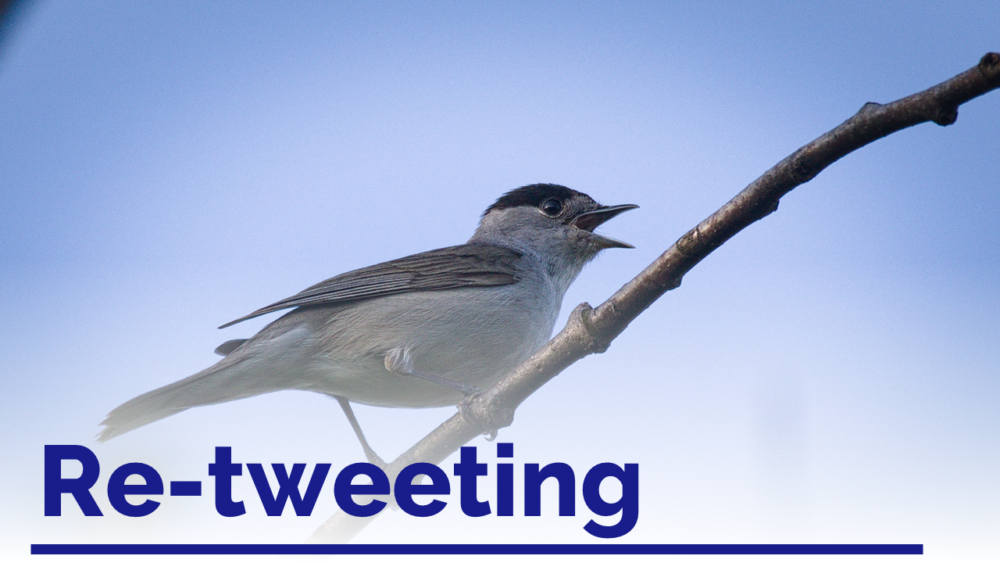
Oddly, covid briefly drove me back to Twitter. Social distancing’s ability to cancel meetings meant that I was missing my profession network, and I thought that engaging via Twitter might be a good idea. It didn’t work out well.
I engaged in a casual conversation with some microbiology colleagues about a small detail of some guidance with my employer’s logo on it, trying to understand the virological basis behind it. This is exactly the sort of ‘corridor’ conversation I would have in person all the time. It turned out that the guidance was wrong, and some colleagues were, I think, mildly annoyed that I’d had a public conversation about this.
I thought: what’s the point? Better to have conversations away from the febrile atmosphere of Twitter, where anything might end up offending people at any given moment. And so I disengaged again.
It took a long time for me to come to the decision to delete my Twitter account. I knew I didn’t want to use it for work or personal purposes, but I did auto-post to Twitter frequently. For example, my blog posts and Goodreads reviews usually auto-posted, and could lead to some interesting discussions both in person and online.
The problem was the same as for Facebook: what if my lack of attention to ‘mentions’ and messages were taken as a slight?
I initially changed my account name to include the words ‘unmonitored account’ and updated my ‘bio’ to say that I no longer used Twitter. But then, I came to reflect that I’m not self-obsessed enough to truly believe that people want to see my stuff auto-posted despite me not engaging with the service. I decided to delete my account altogether.
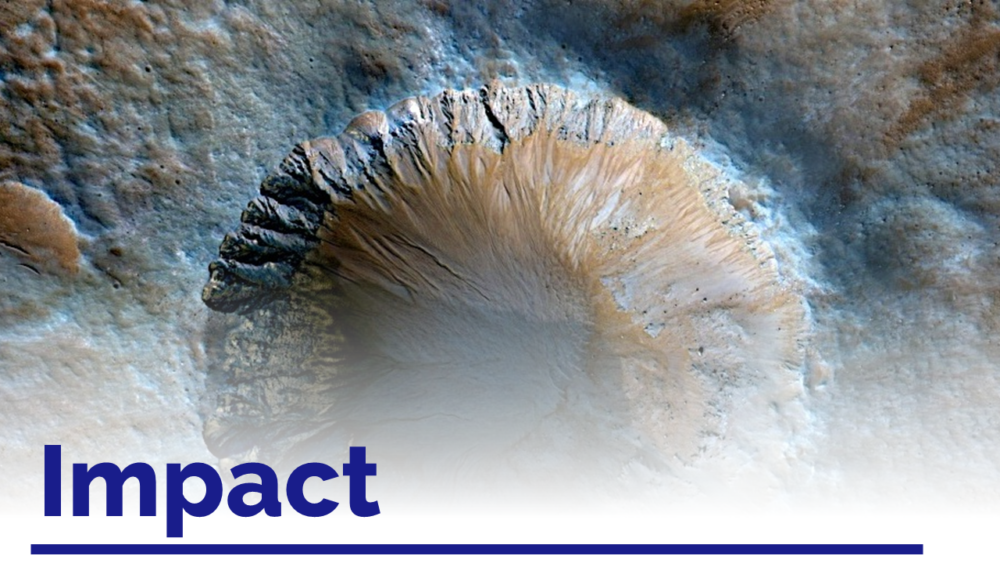
I have been surprised by how few people have even noticed my absence on these platforms, or at least asked me about it in person. Even members of my own family haven’t noticed that I’m no longer around on these services. The only time it has come up is when people have asked why they can’t tag me in posts.
I don’t think it has had any real impact on my own life with the exception of removing a complication. I have noticed that I have slightly richer social conversations, because when ‘catching up’ with people, I haven’t already derived most of what they’re telling me from online feeds: but I don’t know whether the other party feels the same way, or whether this is a biased judgement.
I have missed out on some cultural touchstones: I had no idea what Wendy was talking about earlier in the week when she was discussing the fact that Carol Vorderman had been upset, but that’s probably the sort of knowledge I can live without. The comments made by brands of tea about the Black Lives Matter campaign passed me by, but I don’t need advertising through political messaging in my life.
Contrary to much that is written on this topic, leaving these services has not ‘changed my life’ for good or ill. I suspect I’ll re-join these services or their successors in years to come. But the sort of social media offered by these three service is not for me right now. And I’m content with that.
Image credits: The image at the top of the post, showing a mobile phone with the Facebook logo scored out, was posted to Flickr by bookcatalog and is re-used here under its Creative Commons licence. The second image is an edited screen capture of the Facebook homepage, made by me. The third image is a version of an image posted to Flickr by TT Marketing, which I have modified and re-used here under its Creative Commons licence. The fourth image is a version of a picture posted to Flickr by Cambodia4kidsorg, which I have modified and re-used under its Creative Commons licence. The fifth is another of bookcatalog’s pictures, modified and re-used under its Creative Commons licence. The seventh is modified from an image posted by hedera baltica, re-used under its Creative Commons licence. The eighth and final image, which shows a crater on Mars, was originally posted by mariagat mariagat and has, again, been modified and re-used under its Creative Commons licence.
This post was filed under: Posts delayed by 12 months, Technology, Facebook, Instagram, Social Media, Twitter.